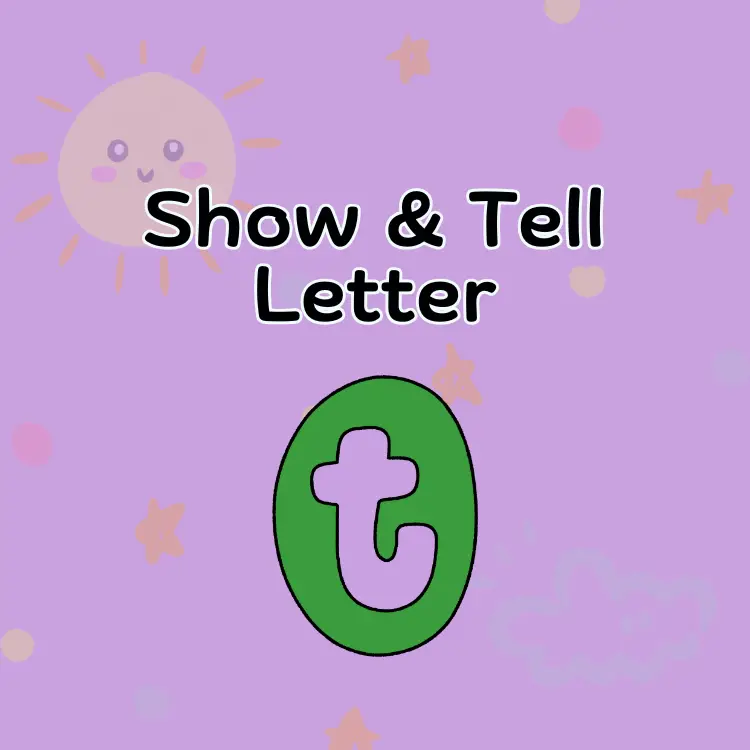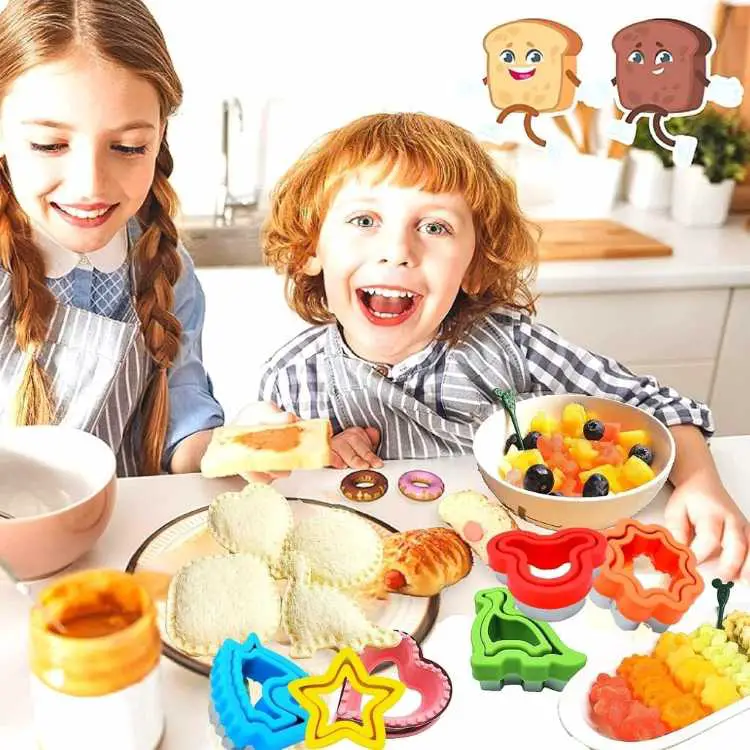Most kids are curious and playful. They can also make lots of noise even during inappropriate hours. It is not uncommon to blurt out words like “shut up!” as a way to assertively instill discipline and get kids to be silent. While it can seem like a harmless word if you use it jokingly or when showing surprise, it can also damage kids.
So “is shut up a bad word?” Depending on the tone and context, it can fall under bad words that you should scrape off your family’s vocabulary. In this post you’ll learn about why shut up is a bad word to say around kids.
Why Shut Up Annoys Kids More than Any Other Phrase
“Shut up” seems to annoy kids more than any other friends, and for good reasons. Usually, it is the aggressive tone that sparks annoyance and even fear and seems to silence kids. Sometimes, telling kids to shut up only sparks rebellion as they try to challenge your controlling nature.
And it’s not just kids. Most people don’t like being told to shut up as it is rude and annoying. When you use “shut up” frequently in place of kinder words like “be quiet” around your kids, you may be doing more harm than good. Yelling, specifically, may trigger emotional, behavioral, and psychological issues that may scar your child as they grow up.
Why Should You Stop Telling Your Kids “Shut Up?”
Is “shut up” a bad word? Yes. Should you continue using it to get your kids to keep quiet? No. There are numerous reasons why you shouldn’t swear or say bad words around kids. Telling kids to shut up also harms the child.
Most times, shut up is accompanied by yelling or shouting, which aggravates the adverse impact of the words on your kids. To help you understand the influence words can have on a child, below are some of the reasons you should stop telling your kids “shut up.”
1. It is Rude
Telling anyone to shut up is impolite, even to kids. You are telling your kids that they don’t matter, and you are the most important person in the room with the only opinion that counts. Using shut up in a controlling manner to enforce discipline is unhealthy and does not paint a good picture of how to treat others.
As you teach your children to treat others with kindness and respect, you also need to train them not to be polite when putting their points across. When children know that “shut up” is a rude way to request silence, they will find alternative words to use.
2. Low-Self Esteem
Every time you tell your child to shut up, you dismiss them and make them feel like their opinions don’t matter. It is also demeaning as it may make them feel unimportant and humiliated. By constantly shutting them down aggressively, you reduce their confidence to voice their thoughts, lowering your child’s self-esteem. Since you are likely to tell them to shut up in a fit of rage or annoyance, it can be emotionally devastating to the child.
Also, children usually depend on their parent’s reactions to develop a positive self-image and esteem. Negative reactions may make your child internalize the hostility, causing them to feel unloved and worthless. It also doesn’t explain what the child did wrong or why they need to be silent, which further lowers their self-esteem due to confusion.
3. Your Kids Will Mimic You
Kids learn a lot by observing those around them. As a parent, your kids see you as a role model and will replicate what you say or do even if they don’t understand what it means. When you tell your kids “shut up”, they take it as a normal way to communicate when telling others to be quiet. Therefore, they are more likely to use the words when talking to your or other people.
If you use impolite words on your kids, it will be more difficult trying to teach them the appropriate ways to communicate as you set a bad example by doing the opposite. If you don’t want to hear your child using bad words on you, peers, or other people, you should lead by example.
4. Poor Stress Management and Communication
Constantly using “shut up” on children shows a lack of restraint. It tells the kids that they can use profanities or yell when frustrated or upset. Therefore, they will have a hard time dealing with stress or negative emotions in a healthy manner. This may make it difficult for your child to maintain relationships, assert themselves, and even get into intimate relationships.
Besides stress management, your child may find it difficult to express their emotions. Your child must know they can always talk to you about anything. Telling kids to shut up closes available communication lines and makes them shy away from expressing themselves.
5. It Doesn’t Solve the Existing Issue
The curt nature of the order means you may not achieve your need for silence as the kids won’t understand why they need to be quiet. Instead of yelling at the kids to shut up, explain why they need to keep quiet.
Whether you need to study, put a baby to sleep, or you are upset by the child’s response, your little one needs to understand the bigger picture so they can appreciate your request. Doing so will help them know when they need to be quiet in future situations, and you won’t need to use such strong language.
Other Phrases Parents Should Erase from Family’s Vocabulary
Besides shut up, below are other phrases you should avoid using at home as they can negatively impact your children.
Curse words like sh*t and F*ck
Using cuss words around your kids teaches them to use them in their conversations. If you don’t want your children to use cuss words, don’t use them either.
I hate you
No matter how annoyed or disappointed you are, you should never use such hurtful words when talking to your kids or any other family member. Get yourself out of the situation until you calm down, so you can choose your words carefully when responding.
We will never afford it
If you are strapped for cash, you can use alternative words to explain to your kids why you can’t purchase an item. Saying you will never afford something shows you have no control over your finances.
Instead, explain that you have other financial priorities to take care of or the subject in question is not in your budget. Doing so teaches kids that they can still buy something they can’t afford if they adjust their priorities and cultivate sound financial habits like saving.
Final Thoughts
To ensure you raise your kids to express themselves without resorting to profanities, you should be mindful about your words when talking to them. If you ever find yourself using “bad words” at home, apologize for it so kids can see it is not okay to do the same.
Sources: Quora, Is Shut Up A Bad Word To Say? May 2019
Elisha Philip











